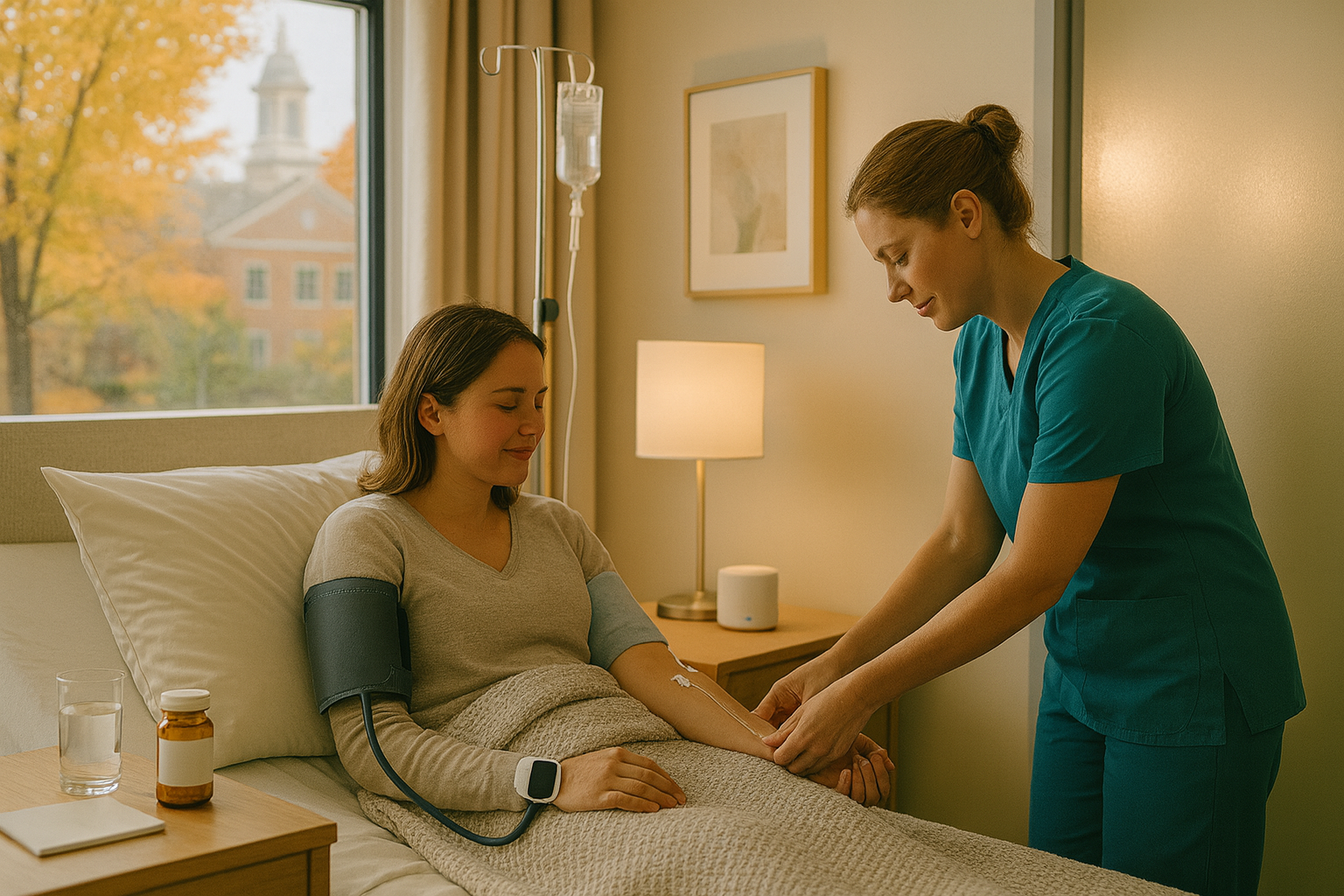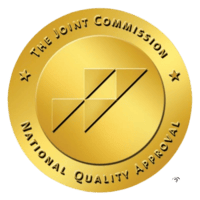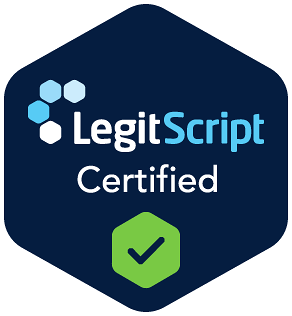Stopping gabapentin too fast can lead to withdrawal-like anxiety, trouble sleeping, nausea, pain, and sweating. A safe plan uses a slow taper with medical oversight. In some cases, a short inpatient or residential detox helps you feel secure and watched by staff 24 hours a day. Care often includes medication to ease symptoms, checks for breathing risks when other sedatives or opioids are present, and support for sleep and mood. Insurance can help with the cost. Federal and New Jersey rules require most health plans to cover substance use and mental health care similar to other medical care. Your exact benefits depend on your plan, the level of care, and how long you stay. This guide explains what withdrawal feels like, how detox works near Flemington and Raritan Township, what it costs, how insurance works, and how to get admitted today. Keep reading to learn your next step with confidence.
1) “Abapentin” vs. gabapentin, and why detox may be needed
Many people type abapentin when they mean gabapentin. Gabapentin is a prescription medicine used for seizures and nerve pain. It affects brain activity and can cause physical dependence when taken for a long time or at high doses. You should never stop it suddenly on your own. A doctor will plan a slow, safe taper to lower your risk.
The U.S. Food and Drug Administration warns that stopping these medicines too fast can be risky. Breathing problems are possible when gabapentin is mixed with opioids or other sedatives. Tapering is the safe path. Medical teams follow the official label and safety updates when they plan your detox.
Key points
- Gabapentin can cause dependence. Do not stop without a taper.
- Mixing with opioids or other sedatives raises breathing risks.
- A medical detox plan follows the FDA label and safety guidance.
2) Do you need medical detox for gabapentin?

Some people taper at home under the supervision of a prescriber. Others do better with 24/7 medical support for a few days. The choice depends on your dose, other medicines, medical history, and your home support. Clinicians often use the ASAM Criteria to match you to the right level of care. This helps decide if outpatient, residential, or inpatient withdrawal management is best.
Medical teams near Flemington check for other health issues. They look at kidney function, seizure risk, and any alcohol or benzodiazepine use. If you also use alcohol or benzodiazepines, the plan may include extra safeguards because those withdrawals need closer monitoring. The goal is comfort, safety, and a smooth step-down to ongoing care.
You might benefit from on-site detox if
- You take high daily doses or have tried to quit and could not.
- You use opioids, alcohol, or benzodiazepines too.
- You live alone, feel unsafe, or have severe anxiety or insomnia.
3) What does gabapentin withdrawal feel like, and how long does it last
Gabapentin withdrawal can include anxiety, insomnia, nausea, pain, and sweating. These symptoms are reported by trusted sources like MedlinePlus. Symptoms can begin soon after a big cut or an abrupt stop.
Case reports, and reviews suggest symptoms can appear within 12 hours to 7 days after stopping and can last several days. A careful taper helps reduce these effects. Your timeline will depend on your dose, duration, co-occurring substances, and your health.
Commonly reported symptoms
- Anxiety, restlessness, and mood changes
- Trouble sleeping or vivid dreams
- Nausea, sweating, headache, and body pain
- In rare cases, seizures in high-risk people
4) How a medical gabapentin detox near Flemington works
A typical stay is short. Clinicians watch you around the clock. The team confirms your current dose, other medicines, and health needs. They set a taper schedule and treat symptoms like nausea or insomnia. Suppose you also use other sedatives or opioids. In that case, they watch your breathing closely and adjust your plan as needed based on FDA guidance.
You will also meet with counselors. Stress, cravings, and sleep issues are everyday in the early days. Good programs connect you with aftercare, so detox is not the end. They help you move into outpatient care, therapy, or medication management based on the ASAM level that fits you.
What happens during detox
- Medical intake, lab checks, and a taper plan
- 24/7 care and symptom relief medicines
- Care coordination for the next step after discharge
5) Nutritionist support during detox and early recovery
Your body needs fuel to heal. During withdrawal, appetite may dip, and fluid balance can shift. Simple nutrition steps help you feel steadier. Evidence from MedlinePlus shows nutrition and hydration support recovery from substance use. A balanced diet with complex carbs, lean protein, and fiber is helpful. Hydration with electrolytes supports fluid balance.
If alcohol use is also present, thiamine is often given to prevent Wernicke’s problems. Medical teams follow clinical guidance for dosing and timing. This is a standard safety step for people with alcohol use disorder and poor nutrition. Your plan is individualized based on screening.
What a nutritionist may do
- Create easy, small meals to calm the gut
- Support hydration and electrolytes.
- Screen for vitamin gaps and coordinate with the doctor
6) Holistic supports like acupuncture: what the evidence says
Many people ask about acupuncture for stress, sleep, and pain during detox. The NCCIH notes that acupuncture can help some pain conditions and is considered safe when done by a trained professional. Research for substance use outcomes is mixed, with some small studies but no consistent benefit yet. You can still choose it as a calming add-on if you like it and your clinician agrees.
The right way to use holistic tools is to add them to, not replace, medical care. This means maintaining your taper and safety checks while using methods such as acupuncture, breathwork, or gentle movement. Your team will help you build a plan that fits your culture and preferences.
If you choose acupuncture
- Tell your clinician and share all medicines you take
- Pick licensed providers who use sterile needles.
- Use it as a support for comfort, not a substitute for medical care.
7) Costs and insurance in New Jersey: what to expect
Costs vary by level of care, length of stay, and amenities. Your exact out-of-pocket cost depends on your plan’s deductible, copays, and network rules. While prices change, there is good news. Mental health and substance use disorder services are essential health benefits in Marketplace plans under the Affordable Care Act. Plans must cover them and cannot set lifetime or annual dollar limits on these benefits.
Parity laws also require most plans to treat substance use benefits similarly to medical and surgical benefits. Federal MHPAEA rules set that standard. New Jersey has its own parity law that requires coverage for mental health conditions and substance use disorders on the same terms as other medical care. State guidance was updated to reflect federal rules. Your benefits team can verify how these rules apply to you.
How to manage the cost
- Ask for insurance verification before admission
- Request a written estimate of your out-of-pocket costs.
- Ask about payment plans or financial guidance.
8) Admissions guide near Flemington and Raritan Township
Many people reach out during a hard moment. The process is private, simple, and respectful. You can call or submit a secure form for a quick consult. A coordinator reviews your history, current dose, other medicines, and any co-occurring mental health needs. Bring your prescriptions and ID. Ask about private rooms, nutrition support, and culturally sensitive care if that matters to you.
Once admitted, checks begin and the taper starts. You rest while the team tracks symptoms. If you prefer supportive therapies, consider options such as gentle yoga, mindfulness, or acupuncture. The goal is comfort, dignity, and a smooth plan for what comes next, whether you live in Flemington proper or nearby Raritan Township.
What to have ready
- Photo ID, insurance card, and a list of medicines
- Names of your doctors and emergency contacts
- Comfortable clothing and any approved personal items
9) Safety FAQ for gabapentin detox
Can I taper at home?
Sometimes, yes. A doctor can design a slow taper and monitor your progress. If you have high doses, other sedatives, or health risks, a short medical stay may be safer. Do not self-taper without medical advice. FDA safety updates underscore the need for careful discontinuation.
What if I use gabapentin with opioids or benzos?
Tell your team right away. Combining these raises breathing risks. Medical staff will closely monitor you and may adjust your taper and supportive medications.
How long will I feel withdrawal?
Reports suggest symptoms can start within 12 hours to 7 days after stopping and often improve over several days. A taper reduces severity. Your path is unique.
Does insurance really help?
Marketplace plans must cover substance use services as essential health benefits. Parity rules mean these benefits should be similar to medical ones, but plan details vary. Verification is key.
What if I have Medicaid in NJ?
NJ FamilyCare is New Jersey’s public coverage program. It includes behavioral health benefits. Check your eligibility and benefits online or by phone.
Who can I contact for general assistance or in a crisis?
You can reach the SAMHSA National Helpline at 1-800-662-HELP for free, confidential help and referrals, 24 hours a day. In an emergency, call 911 or 988 for crisis support.
Quick checklist
- Never stop gabapentin suddenly without a plan
- Ask for a taper designed for you.
- Verify insurance before admission.
- Plan your next step after detox.
10) What we improved after reviewing the top search results
We read the top articles on gabapentin detox and withdrawal. Many were missing transparent sourcing, used vague timelines, or did not explain how insurance works in New Jersey. We fixed that by adding official sources, clear time windows seen in research, and specific NJ parity guidance with links. We also added a simple admissions checklist, nutritionist tips, and honest notes on acupuncture so you can make informed choices.
Better for you
- Clear, sourced timelines and safety notes
- Practical cost and insurance steps for NJ
- A calm, step-by-step path from first call to aftercare
11) How to start today near Flemington, NJ
You deserve privacy, comfort, and clinical excellence. Suppose you want a world-class, private drug and alcohol detox experience with a warm, professional team that respects your culture and needs. In that case, you can start with a discreet call and a same-day insurance check.
BlueCrest Detox serves New Jersey with compassionate, evidence-based care in a serene setting. Begin with a confidential assessment, ask about private rooms, on-site chef, and nutrition support, and a plan that honors your values. Visit bluecrestdetox.com to verify insurance and explore admissions now.




